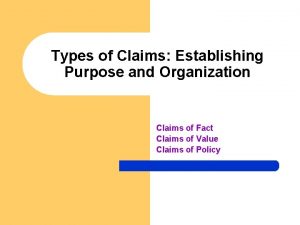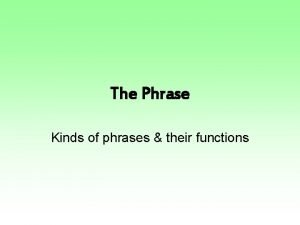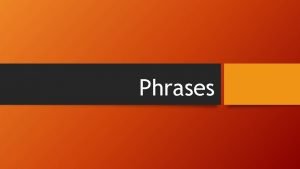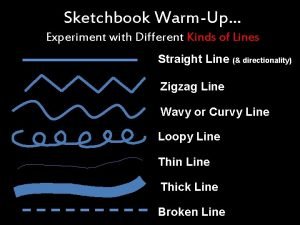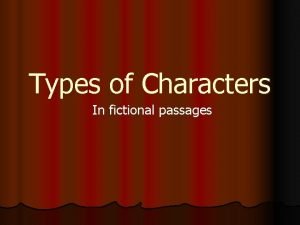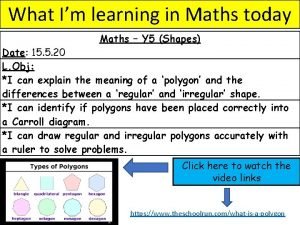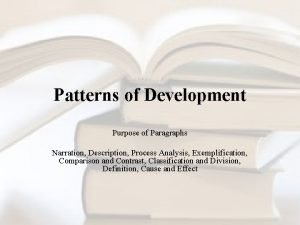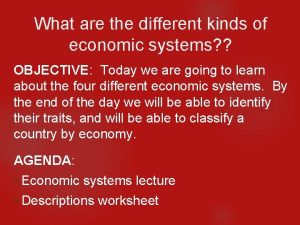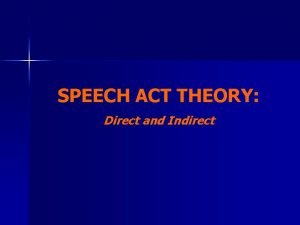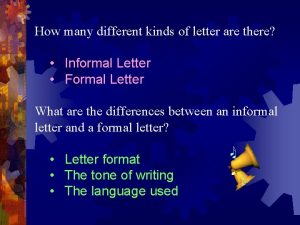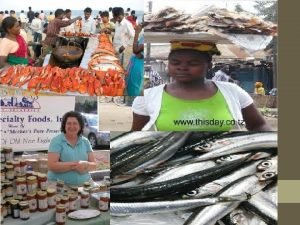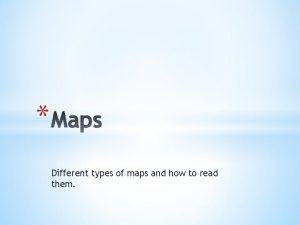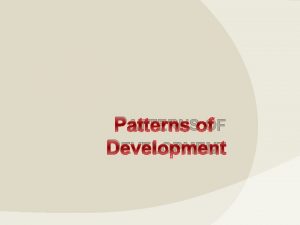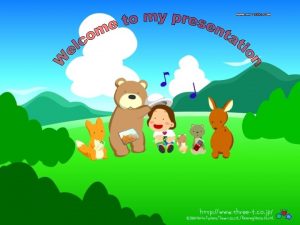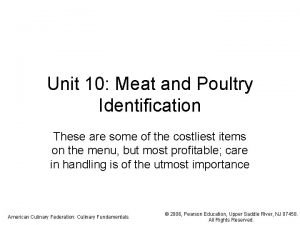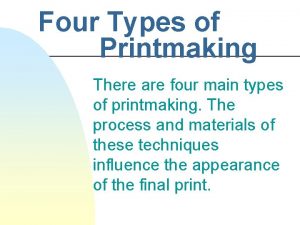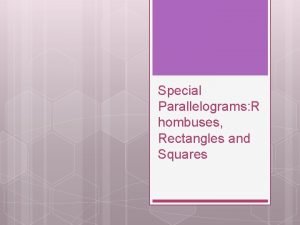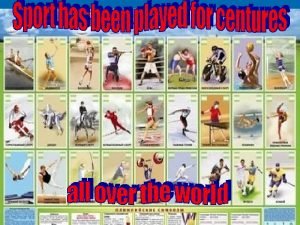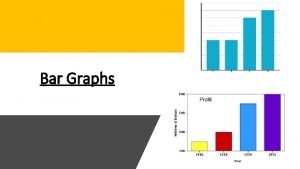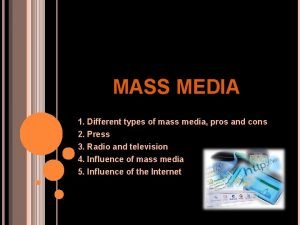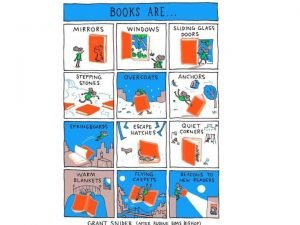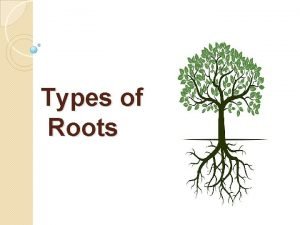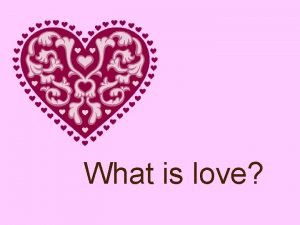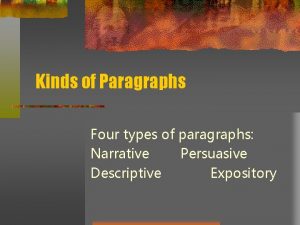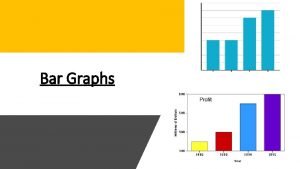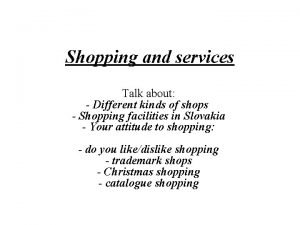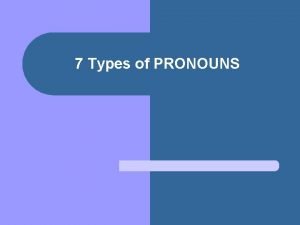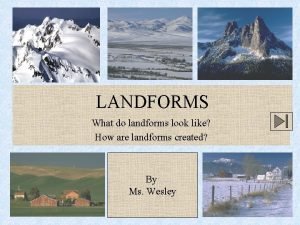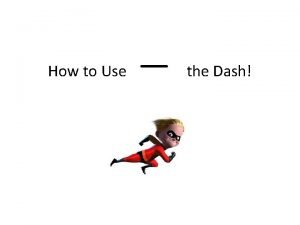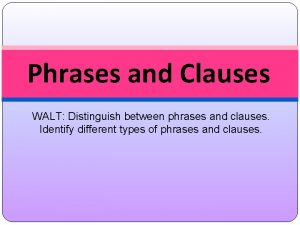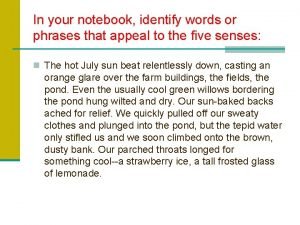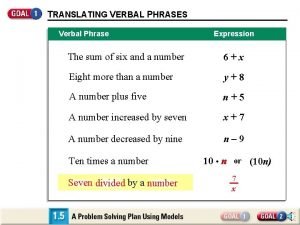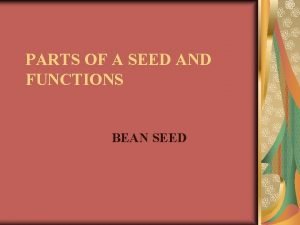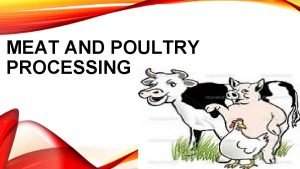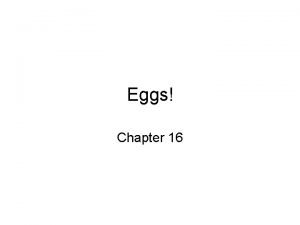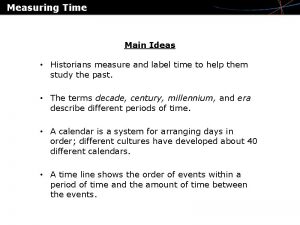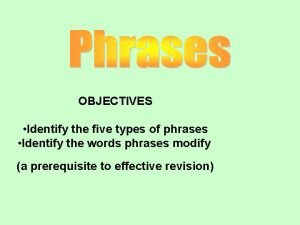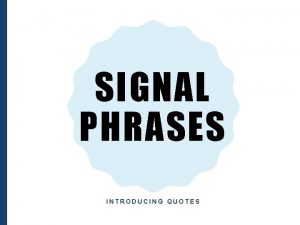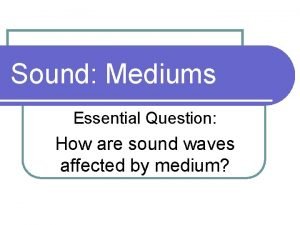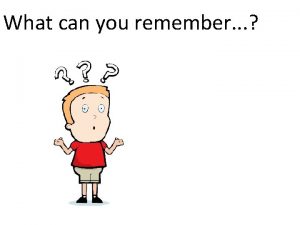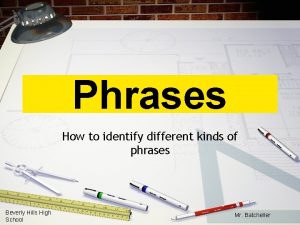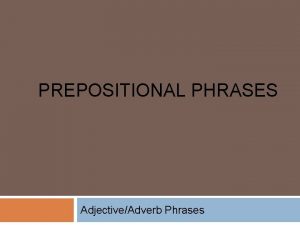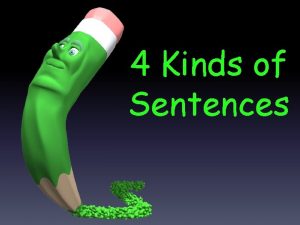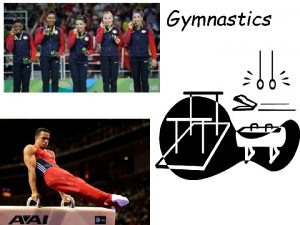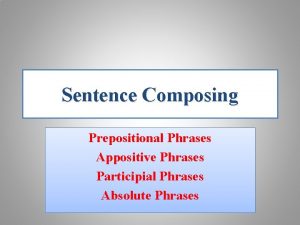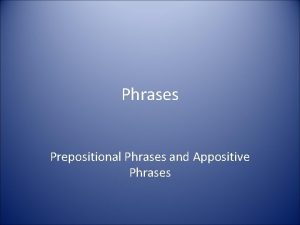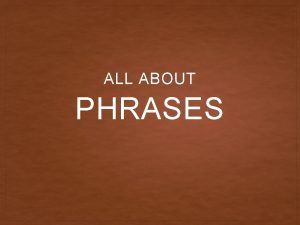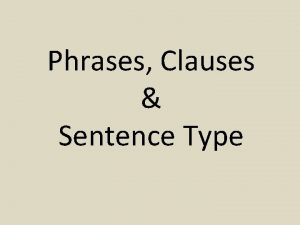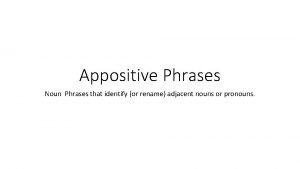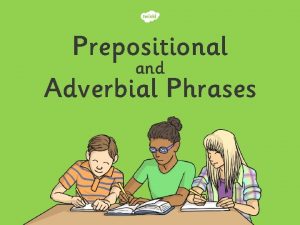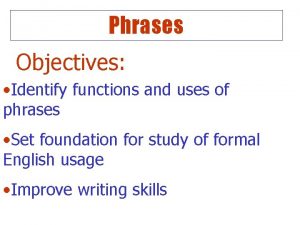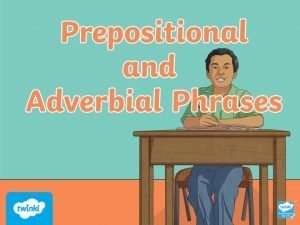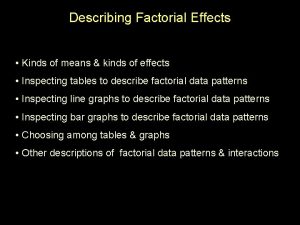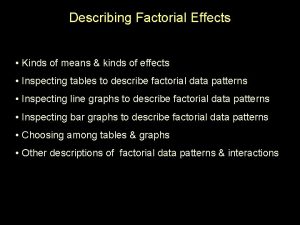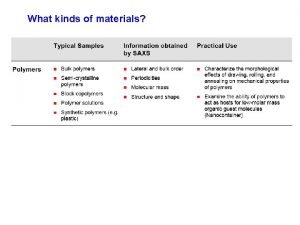Phrases How to identify different kinds of phrases



















































- Slides: 51

Phrases How to identify different kinds of phrases Beverly Hills High School Mr. Batcheller

What is a phrase? Def: A phrase is a group of words which function as a single part of speech and does not contain a subject and a verb Ex: Running to class, Ambrose tripped on the stairs and dropped his backpack.

What is a phrase? Def: A phrase is a group of words which function as a single part of speech and does not contain a subject and a verb Ex: Running to class, Ambrose tripped on the stairs and dropped his backpack.

Types of Phrases • There are 5 types of phrases you will be asked to identify on quizzes and the grammar final. 1. Prepositional 2. Participial 3. Gerund 4. Infinitive 5. Appositive

Prepositional Phrases • Always begin with a preposition and they end with a noun (object). They function as adjectives or adverbs. Julius walking over the bridge when the rain began to fall.

Prepositional Phrases • Always begin with a preposition and they end with a noun (object). Julius walking over the bridge when the rain began to fall.

Prepositional Phrases • Always begin with a preposition and they end with a noun (object). Julius walking over the bridge when the rain began to fall. preposition

Prepositional Phrases • Always begin with a preposition and they end with a noun (object). Julius walking over the bridge when the rain began to fall. preposition object

Prepositional Phrases • Always begin with a preposition and they end with a noun (object). Excited by the fact that the Red Sox may go to the World Series, Seamus smiled broadly.

Prepositional Phrases • Always begin with a preposition and they end with a noun (object). Excited by the fact that the Red Sox may go to the World Series, Seamus smiled broadly.

Prepositional Phrases • Always begin with a preposition and they end with a noun (object). Excited by the fact that the Red Sox may go to the World Series, Seamus smiled broadly. preposition

Prepositional Phrases • Always begin with a preposition and they end with a noun (object). Excited by the fact that the Red Sox may go to the World Series, Seamus smiled broadly. preposition object

Prepositional Phrases • Always begin with a preposition and they end with a noun (object). Excited by the fact that the Red Sox may go to the World Series, Seamus smiled broadly.

Prepositional Phrases • Always begin with a preposition and they end with a noun (object). Excited by the fact that the Red Sox may go to the World Series, Seamus smiled broadly.

Prepositional Phrases • Always begin with a preposition and they end with a noun (object). Excited by the fact that the Red Sox may go to the World Series, Seamus smiled broadly. preposition

Prepositional Phrases • Always begin with a preposition and they end with a noun (object). Excited by the fact that the Red Sox may go to the World Series, Seamus smiled broadly. object preposition

Participial Phrase • Consists of a participle and its related words, all of which act together as an adjective.

Participial Phrase • Consists of a participle and its related words, all of which act together as an adjective. Skipping across the sand Tanner showed us how much he enjoys the beach.

Participial Phrase • Consists of a participle and its related words, all of which act together as an adjective. Skipping across the sand Tanner showed us how much he enjoys the beach.

Participial Phrase • Consists of a participle and its related words, all of which act together as an adjective. Skipping across the sand Tanner showed us how much he enjoys the beach. participle

Participial Phrase • Consists of a participle and its related words, all of which act together as an adjective. Skipping across the sand Tanner showed us how much he enjoys the beach. participle

Participial Phrase • Consists of a participle and its related words, all of which act together as an adjective. Munching on his tater tots and talking Mitch reminded us of his bad manners.

Participial Phrase • Consists of a participle and its related words, all of which act together as an adjective. Munching on his tater tots and talking Mitch reminded us of his bad manners.

Participial Phrase • Consists of a participle and its related words, all of which act together as an adjective. Munching on his tater tots and talking Mitch reminded us of his bad manners. participle

Participial Phrase • Consists of a participle and its related words, all of which act together as an adjective. Munching on his tater tots and talking Mitch reminded us of his bad manners. participle

Gerund Phrase • Consists of a gerund and its complements and modifiers, all of which act together as a noun. All gerunds end in “ing”, but not all words that end in “ing” are gerunds.

Gerund Phrase • Consists of a gerund and its complements and modifiers, all of which act together as a noun. Surfing on a rainy day is something I actually enjoy.

Gerund Phrase • Consists of a gerund and its complements and modifiers, all of which act together as a noun. Surfing on a rainy day is something I actually enjoy.

Gerund Phrase • Consists of a gerund and its complements and modifiers, all of which act together as a noun. Surfing on a rainy day is something I actually enjoy. gerund

Gerund Phrase • Consists of a gerund and its complements and modifiers, all of which act together as a noun. Surfing on a rainy day is something I actually enjoy. Gerund What happens when the phrase is removed?

Gerund Phrase • Consists of a gerund and its complements and modifiers, all of which act together as a noun. is something I actually enjoy.

Gerund Phrase • Consists of a gerund and its complements and modifiers, all of which act together as a noun. I love to eat oysters, but shucking oysters is messy and laborious.

Gerund Phrase • Consists of a gerund and its complements and modifiers, all of which act together as a noun. I love to eat oysters, but shucking oysters is messy and laborious. gerund

Gerund Phrase • Consists of a gerund and its complements and modifiers, all of which act together as a noun. I love to eat oysters, but shucking oysters is messy and laborious. gerund Take out the phrase.

Gerund Phrase • Consists of a gerund and its complements and modifiers, all of which act together as a noun. I love to eat oysters, but is messy and laborious. Take out the phrase.

Infinitive Phrase • Is a phrase that begins with an infinitive and functions as a noun, adjective, or adverb. • Remember to watch for the full moon tonight.

Infinitive Phrase • Is a phrase that begins with an infinitive and functions as a noun, adjective, or adverb. Remember to watch for the full moon tonight. infinitive

Infinitive Phrase • Is a phrase that begins with an infinitive and functions as a noun, adjective, or adverb. I have always wanted to climb to the summit of Mt. Whitney.

Infinitive Phrase • Is a phrase that begins with an infinitive and functions as a noun, adjective, or adverb. I have always wanted to climb to the summit of Mt. Whitney. infinitive

Appositive Phrase • Is made up of an appositive and it follows or precedes another noun that it modifies. Trevor Hoffman, the best relief pitcher in baseball, is my neighbor.

Appositive Phrase • Is made up of an appositive and it follows or precedes another noun that it modifies. Trevor Hoffman, the best relief pitcher in baseball, is my neighbor. appositive

Appositive Phrase • Is made up of an appositive and it follows or precedes another noun that it modifies. Many people are unaware that Mr. Van Rossum, a history teacher at Beverly, was a professional dancer.

Appositive Phrase • Is made up of an appositive and it follows or precedes another noun that it modifies. Many people are unaware that Mr. Van Rossum, a history teacher at Beverly, was a professional dancer. appositive

Identify These Phrases • Paula, laughing hysterically, said that watching John struggle would be too much fun to miss.

Identify These Phrases • Paula, laughing hysterically, said that watching John struggle would be too much fun to miss. • Participle Phrase

Identify These Phrases • We had a great time during Radiohead’s performance of their lastest release.

Identify These Phrases • We had a great time during Radiohead’s performance of their latest release. • Prepositional Phrase

Identify These Phrases • It is difficult to know how to respond during emotionally stressful situations.

Identify These Phrases • It is difficult to know how to respond during emotionally stressful situations. Infinitive Phrase

Identify These Phrases • I would like to swim from Catalina to Palos Verdes.

Identify These Phrases • I would like to swim from Catalina to Palos Verdes. Prepositional Phrase
 3 type of claims
3 type of claims Phrases types and functions
Phrases types and functions Phrases kinds
Phrases kinds Different kinds of lines
Different kinds of lines All types of characters
All types of characters Example of polygons
Example of polygons Compare and contrast the patterns of development
Compare and contrast the patterns of development Pros of traditional economy
Pros of traditional economy Different kinds of greetings
Different kinds of greetings Types of direct speech acts
Types of direct speech acts Many different kinds of
Many different kinds of Stick fish market form
Stick fish market form What are the three types of maps
What are the three types of maps Pattern of development definition example
Pattern of development definition example How many types of sports are there
How many types of sports are there Forms of meat in the market
Forms of meat in the market Headline examples for newspaper
Headline examples for newspaper What are 4 types of printmaking?
What are 4 types of printmaking? Parallelogram and special parallelogram
Parallelogram and special parallelogram Different calendar years
Different calendar years Different kinds of sport
Different kinds of sport Different types of line graphs
Different types of line graphs Kind of mass
Kind of mass Kinds of choral speaking
Kinds of choral speaking Types of root system
Types of root system Pragmatic love examples
Pragmatic love examples There are many kinds of sports
There are many kinds of sports Kinds of paragraphs
Kinds of paragraphs Two kinds of descriptive research
Two kinds of descriptive research Active participation strategies
Active participation strategies Different kinds of graphs
Different kinds of graphs Kinds of shops
Kinds of shops Four kinds of pronouns
Four kinds of pronouns Kinds of straight line
Kinds of straight line Round robin reading pros and cons
Round robin reading pros and cons Different kinds of landforms
Different kinds of landforms Laxative agent
Laxative agent Em dashes examples
Em dashes examples Clause sentence
Clause sentence Identify the words or phrases
Identify the words or phrases How to write a verbal model
How to write a verbal model Name the parts of a seed.
Name the parts of a seed. Poultry cut
Poultry cut Label and components of egg
Label and components of egg Six administrative processes
Six administrative processes Ways historians label time
Ways historians label time Phrases objectives
Phrases objectives Introducing quotes with signal phrases
Introducing quotes with signal phrases Library.thinkquest.org 19537
Library.thinkquest.org 19537 Manufactured boards examples
Manufactured boards examples Thermosoftening plastics examples
Thermosoftening plastics examples Cultural relativism
Cultural relativism
